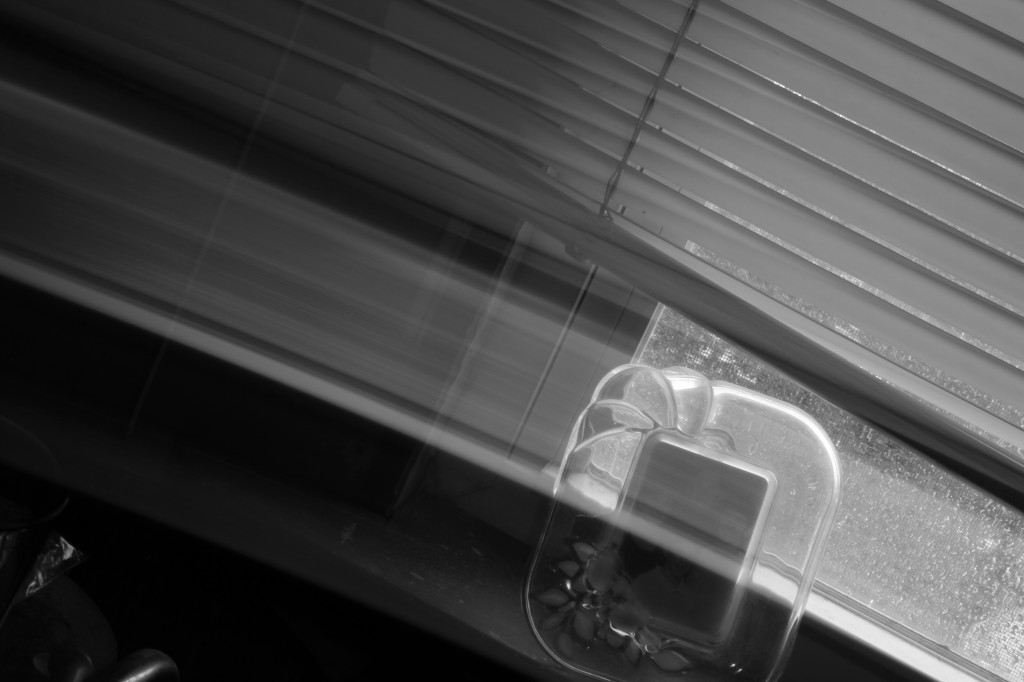The paradigm shift in the distribution of art brings with it new conundrums for the artist who follows Christ. We who were raised on Sting and J.R.R. Tolkien are confronted now with five thousand Appleseed Casts—that is, untold numbers of fair-to-middlin artists who are doing what we do, doing it fairly well, who’ve been doing it for years, but haven’t broken through to the Next Level. The explosion of the home studio and desktop publishing has opened our eyes to the potential of indie production and indie distribution; and yet it has led us not to the Promised Land of artistic success (whatever that is), but to a vast and seething plain of just-like-us’s, to a leveled playing field without gatekeepers in which both the mediocre and the gifted glorious languish in the drowning noise of oversaturation.
In this, which we didn’t expect when the muse led us to creation on dark late nights and mornings without the sun—in this strange new world, what is our role? Who is our audience? And is it okay for a Christ-follower to fight to be heard? Had we gone mainstream, we wouldn’t have to fight—but someone else would be fighting for us. That’s uncomfortable too. The whole system, the whole idea of being read or heard by people you don’t know, is called into question. Isn’t it all just self-promotion—even self-indulgence?
The answer lies in our answer to why we do art. If we’re doing it because it’s what we’ve always done, because we want to be heard, because we want to belong, then we are indulging ourselves; our ego and our motivation will run out when we hit the wall of self-promotion.
But it’s not all ego. Some of us, whether by upbringing or temperament or both, have been given the ability to see visions. These visions may speak to others. They may even heal. We may never know how our art affects our audience—and if we aren’t indulging ourselves, we don’t need to know. If we aren’t indulging ourselves, we can fire off novels and albums into the ether and trust that if God has spoken truth through us, he will see that truth through; he will get it to someone who needs it. And whether we benefit financially from that delivery or not is entirely beside the point. All we need to do is show up and write, show up and sing, show up and send emails.
In Ephesians 4:7, Paul says, “But to each one of us, grace has was given according to the measure of Christ’s gift. Therefore it says, ‘when he ascended on high, he led captive a host of captives, and he gave gifts to men.’ Now, this expression, ‘he ascended’, what does it mean except that he also had descended into the lower parts of the earth? He who descended is himself also he who ascended far above the heavens, that he might fill all things. And he gave some as apostles, some as prophets, some as evangelists, some as pastors and teachers, for the equipping of the saints for the work of service, to the building up of the body of Christ.”
If I read this right, Paul is saying that we have each been given a measure of grace, a grace that somehow echoes from Christ’s gift to us. He then reminds us what Christ as a concept is—that putting of descent before ascent, that abandonment entirely of any hope of ascent. Then he returns to the grace that has been given us when he says that some of us are apostles, prophets, and so on. I think he’s talking about dying for your calling according to the measure of Christ’s grace (the measure of self-sacrifice and talent) that has been given to you. For us, this means dying for our art, in an amount proportional to the talent we’ve been given.
We are artists. We are today’s prophets. We cry out in the wilderness, whispering or screaming that this thing is broken. And in doing this, in staying true to our prophecy (which may be far more other-needed than our self-indulgence could ever imagine), we must first descend into the lower parts of the earth before we can ascend on high leading captive a host of liberated captives and giving gifts to our fellow men and women.
